Did India Civilize Europe: Europe Learnt Science, Mathematics, Technology, Medicine from India
Synopsis
Though Contrary to Euro-centric Model, the fact is that Europe learnt Maths, Astronomy, Chemistry, rocket and Missile Technology, Aeronautics, Medicine, Surgery, and other branches of science, even agriculture and civilized ways of life from India and still learn Yoga, Ayurveda, Vedic Maths, Vedic Business Management, Vedic Architecture (Bastu Shastra), Quantum Concept of Vedic God, Vedic Ecological Philosophy, Vedic Psychotheraphy. A.L. Basham, foremost authority on ancient India, writes in the Wonder That Was India. Medieval Indian mathematicians, such as Brahmagupta (Seventh century), Mahavira (nine century), and Bhaskara (twelfth century), made several discoveries which in Europe were not known until the Renaissance or later. They understood the import of positive and negative quantities, evolved sound systems of extracting square and cube roots, and could solve quadratic and certain types of indeterminate equations." Mahavira's most noteworthy contribution is his treatment of fractions for the first time and his rule for dividing one fraction by antoher, which did not appear in Europe until the 16th century. B.B. Dutta writes: "The use of symbols, letters of the alphabet to denote unknowns, and equations are the foundations of the science of algebra. The Hindus were the first to make systematic use of the letters of the alphabet to denote unknowns. They were also the first to classify and make a detailed study of equations. Thus they may be said to have given birth to the modern science of algebra." The great Indian mathematician Bhaskaracharya (1150 C.C.) produced extensive treatises on both plane and spherical trigonometry and algebra, and his works contain remarkable solutions of problems which were not discovered in Europe until the seventeenth and eighteenth centuries. He preceded Newton by over 500 years in the discovery of the principles of differential calculus. A.L. Basham writes further, "The mathematical implications of zero (Sunya) and infinity, never more than vaguely realized by classical authorities, were fully understood in medieval India. Earlier mathematicians had taught that X/0=X, but Bhaskara proved the contrary. He also established mathematically what had been recognized in Indian theorlogy at least a millennium earlier: that infinity, however divided, remains infinite, represented by the equation 00/X=00.†In the 14th century. Madhava, isolated in South India, developed a power series for the arctangent function, apparently without the use of calculus, allowing the calculation of pi to any number of decimal places (since arctan 1=pi/4). Whether he accomplished this by inventing a system as good as calculus or without the aid of calculus or without the aid of calculus; either way it is astonishing. Spiritually advanced cultures were not ignorant of the principles of mathematics, but they saw no necessity to explore those principles beyond that which was helpful in the advancement of God realization.
Read more
34.20
30.78
$
38.00 $
Free delivery Wolrdwidе in 10-18 days
Ships in 1-2 days from New Delhi
Membership for 1 Year $35.00
Get it now and save 10%
Get it now and save 10%
BECOME A MEMBER

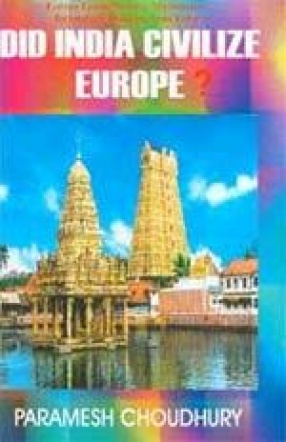
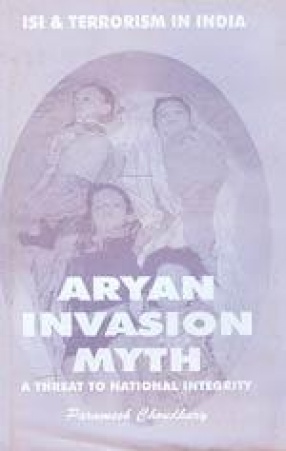
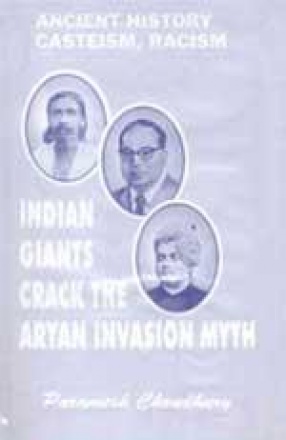
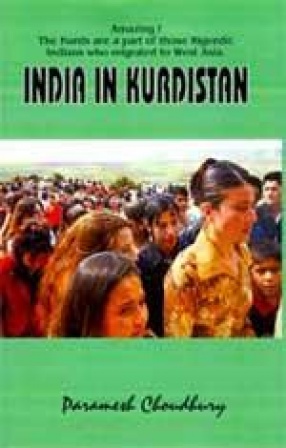
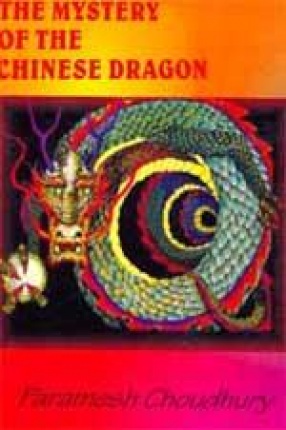

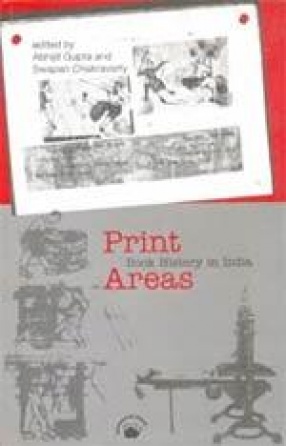
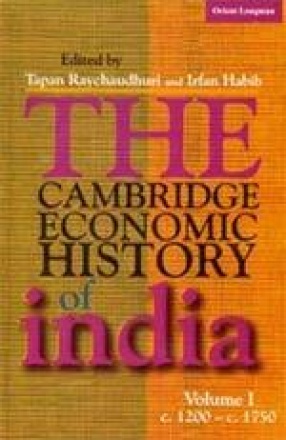
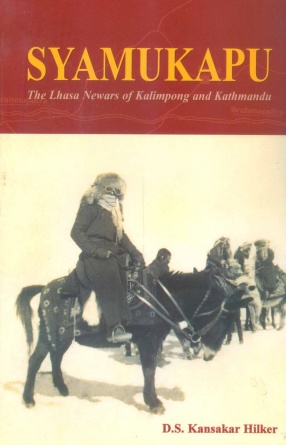

Bibliographic information